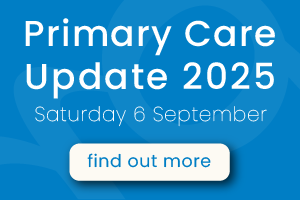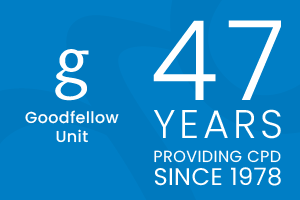In this webinar, we will discuss the pathophysiology, risk factors and clinical presentation of pelvic organ prolapse and how this can affect bladder, bowel and sexual function.
Using case studies, we will discuss the different management strategies that are available in primary care, including for those women who are postpartum and outline various surgical procedures that your patients may be offered if required.
Presenter

Niki Dykes
Niki has completed subspecialty training to become an accredited Specialist Urogynaecologist. During training she gained valuable experience in the multidisciplinary management of complex pelvic health conditions including mesh complications. Niki has been involved in several international Urogynaecology committees, and has spoken at national and international conferences on topics relating to Urogynaecology. She works in the public health system for Te Whatu Ora Waitemata, and at OneSixOne Medical Group in private.
Presenter

Sum Sum Lo
Sum Sum is a Consultant Urologist at Waitemata DHB and works at both Waitakere and North Shore Hospitals. She also consults at 161 Urology and Canopy. Her special interests include female and male urethral stricture disease, primary and recurrent female and male incontinence, primary and recurrent pelvic organ prolapse, vaginal mesh and mesh sling removals, and general urological conditions including urological infections, stones, functional disorders and cancers.
Presenter

Shelley Solomon
Shelley is a pelvic health physiotherapist with over 20 years’ experience. She currently works in private practice in Whangarei but has worked in both public and private settings in New Zealand and England. Shelley sees women, men and children with a focus on women's health, pelvic floor, continence and pelvic pain issues as well as complex conditions including mesh complications. She is also a Lymphoedema Therapist. Shelley is the current secretary of the Pelvic, Women's and Men's Health Special Interest Group of Physiotherapy New Zealand, is involved at a national level with topics involving pelvic health physiotherapy and also runs courses training physiotherapists in this area.



